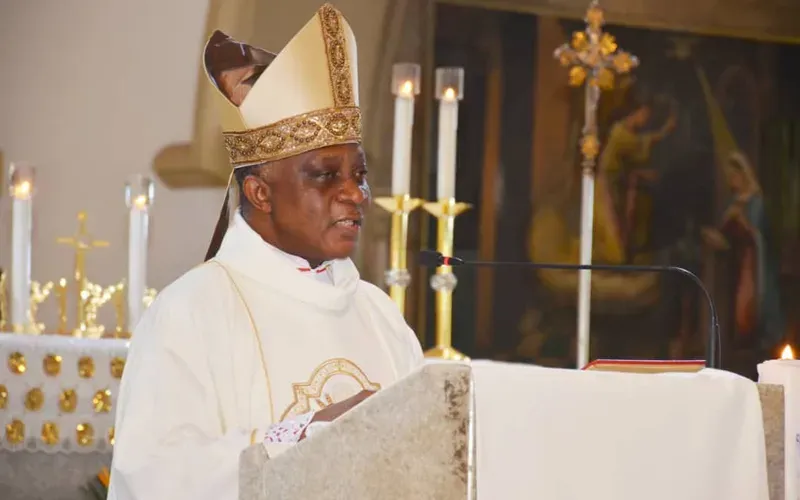Lagos, 21 September, 2021 / 5:25 pm (ACI Africa).
Nigeria’s Federal Government is not sincere in the fight against insecurity, the Local Ordinary of the country’s Lagos Archdiocese has said.
Speaking at the conclusion of the 60th anniversary celebration of the Knights of Saint Mulumba Saturday, September 18, Archbishop Alfred Adewale Martins said, “Insecurity is the major problem we have in Nigeria currently; places of worship are not safe.”
“The government is supposed to have access to experts who will bring in their expertise to solve the problem, but that is not so,” Archbishop Adewale said, and added, “When you hear the kind of complaints and dissatisfaction from the military, you will know that there is inadequate sincerity. There is inadequate arms supply to the security.”
The Nigerian Archbishop noted that “Nigerian politicians have lost faith in service to humanity and are in search of personal gain.”
Making reference to the case of former aviation minister, Femi Fani-Kayode who recently joined the All Progressive Congress (APC) after years of criticizing President Muhammadu Buhari as an example of a lack of “principles” among the political class, the Archbishop said, “One of the things about Nigerian politicians is inconsistency in goals and principles.”








